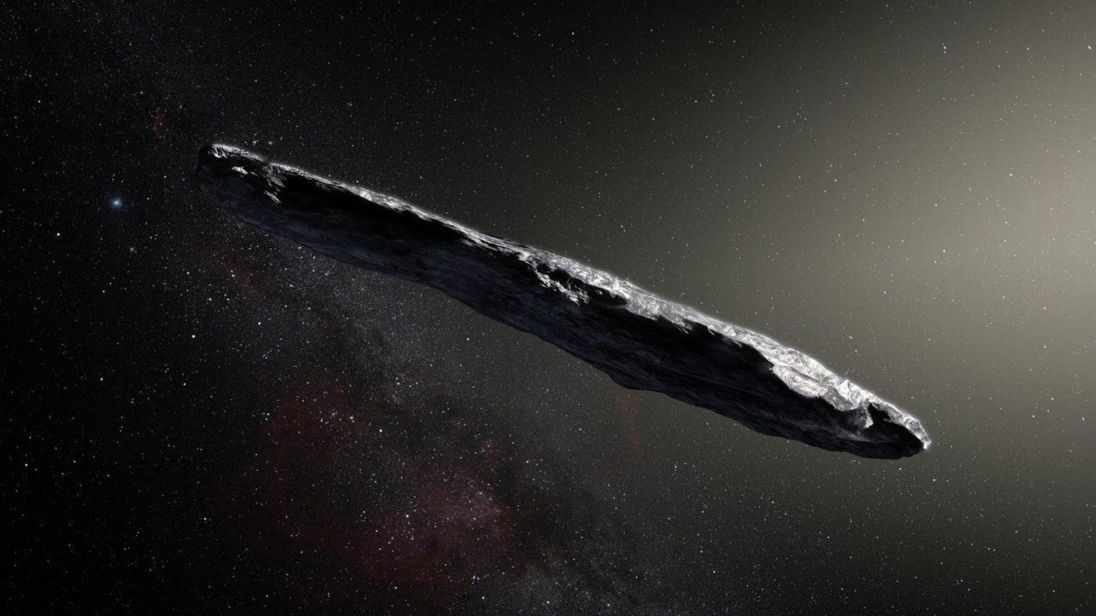Oumuamua ‘alien’ asteroid may reveal how solar systems are formed
Rare space rock could provide clues about where we came from

A free daily email with the biggest news stories of the day – and the best features from TheWeek.com
You are now subscribed
Your newsletter sign-up was successful
A cigar-shaped asteroid that passed near the sun last month did not originate in our solar system and may provide clues about the possibility of life in other solar systems, Nasa said yesterday.
“While its elongated shape is quite surprising, and unlike asteroids seen in our solar system, it may provide new clues into how other solar systems formed,” according to the US space agency.
Astronomers have named the asteroid 1I/2017 U1, or ‘Oumuamua - a Hawaiian word that roughly means “a messenger that reaches out from the distant past”.
The Week
Escape your echo chamber. Get the facts behind the news, plus analysis from multiple perspectives.

Sign up for The Week's Free Newsletters
From our morning news briefing to a weekly Good News Newsletter, get the best of The Week delivered directly to your inbox.
From our morning news briefing to a weekly Good News Newsletter, get the best of The Week delivered directly to your inbox.
“It’s just a rock, not an ET, but it’s one that could tell us profound things about where we came from,” The Independent says.
‘Oumuamua has an unusual shape - with its length about ten times its width - and a deep colour that suggests it may contain carbon-based molecules.
“It is thought to be an extremely dark object, absorbing 96% of the light that falls on its surface, and it is red,” The Guardian writes. “This colour is the hallmark of organic (carbon-based) molecules. Organic molecules are the building blocks of the biological molecules that allow life to function.
“It is widely thought that the delivery of organic molecules to the early Earth by the collision of comets and asteroids made life here possible. ‘Oumuamua shows that the same could be possible in other solar systems.”
A free daily email with the biggest news stories of the day – and the best features from TheWeek.com
Astronomers say it could be one of 10,000 interstellar asteroids lurking in our cosmic neighbourhood.